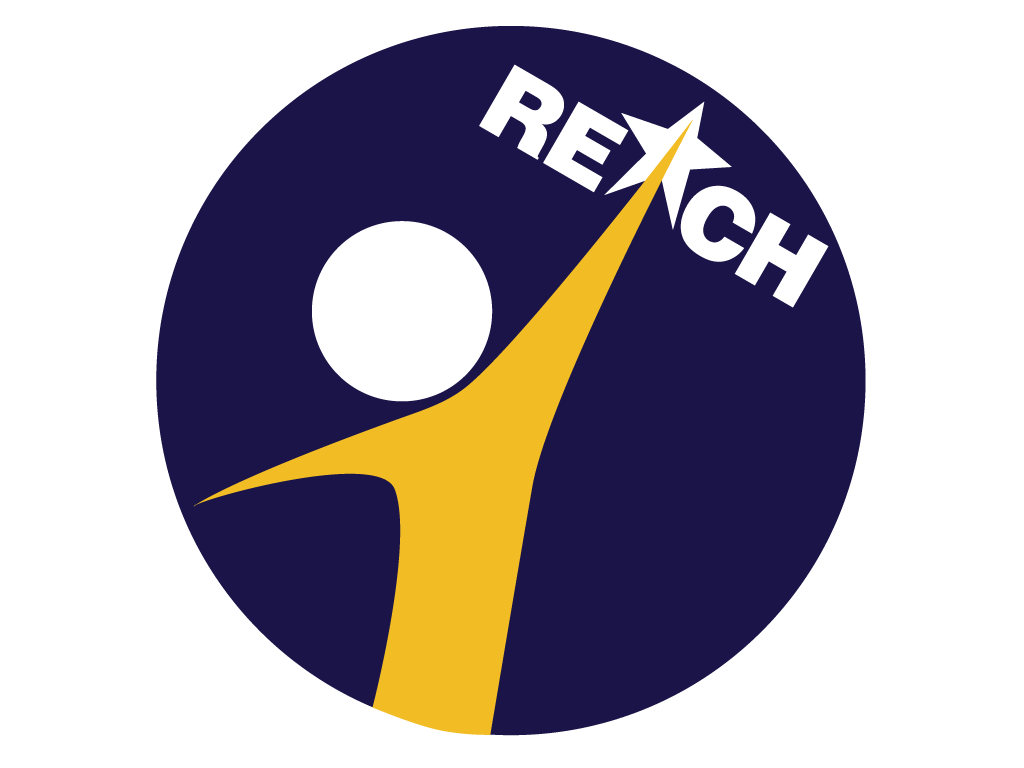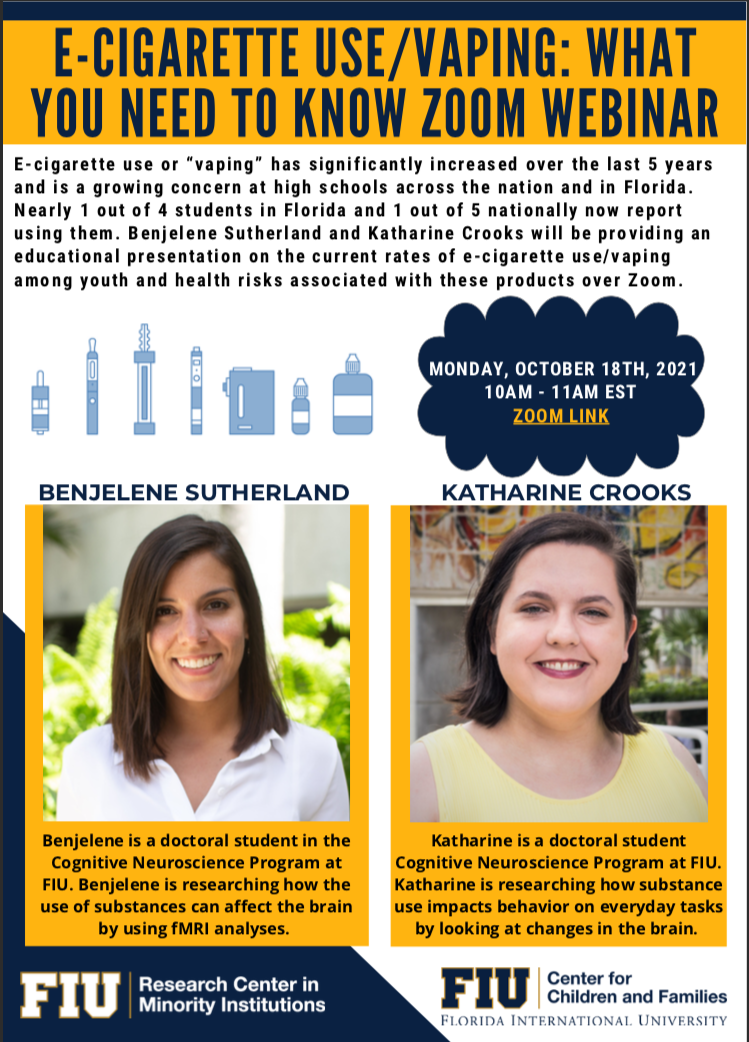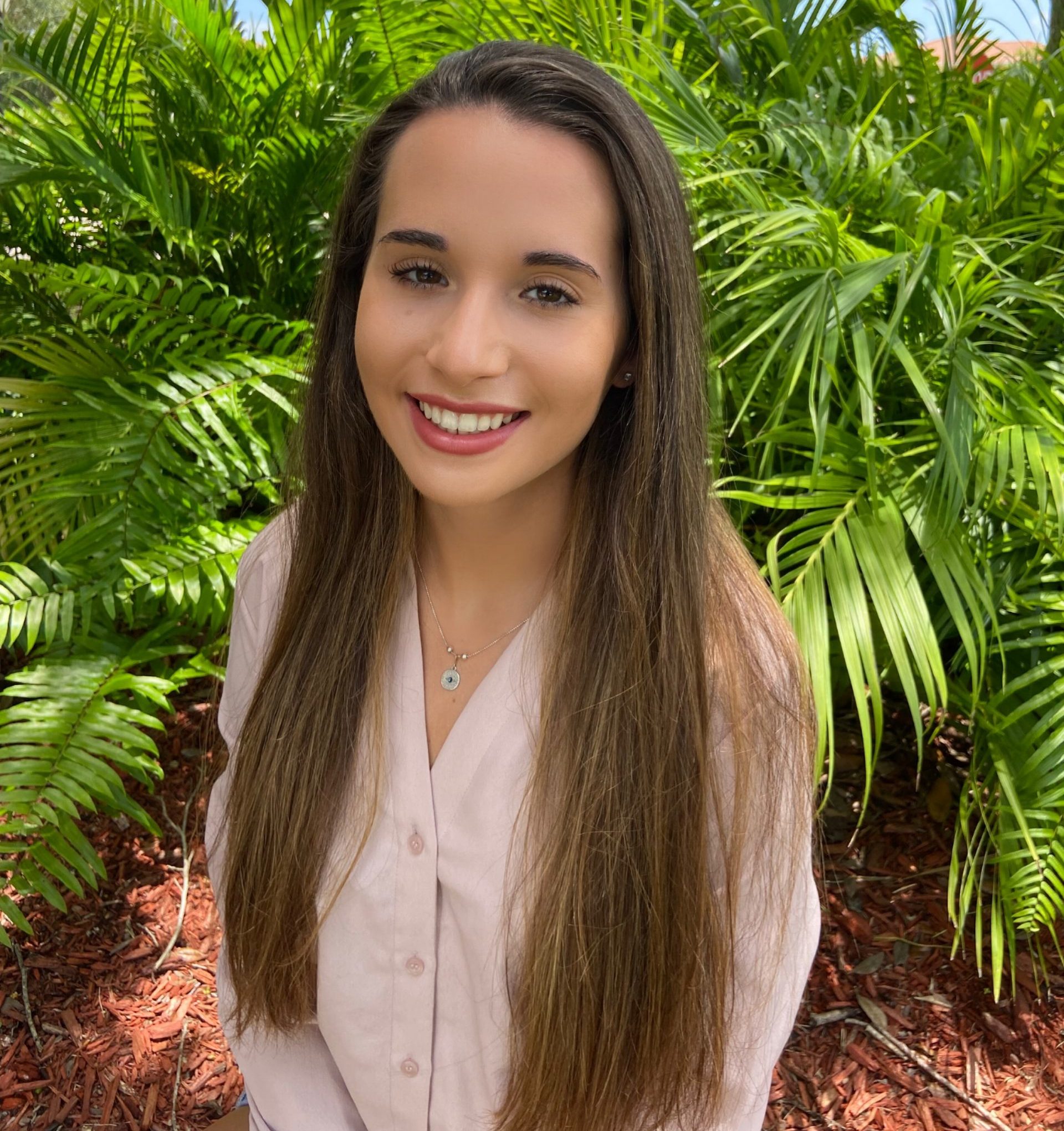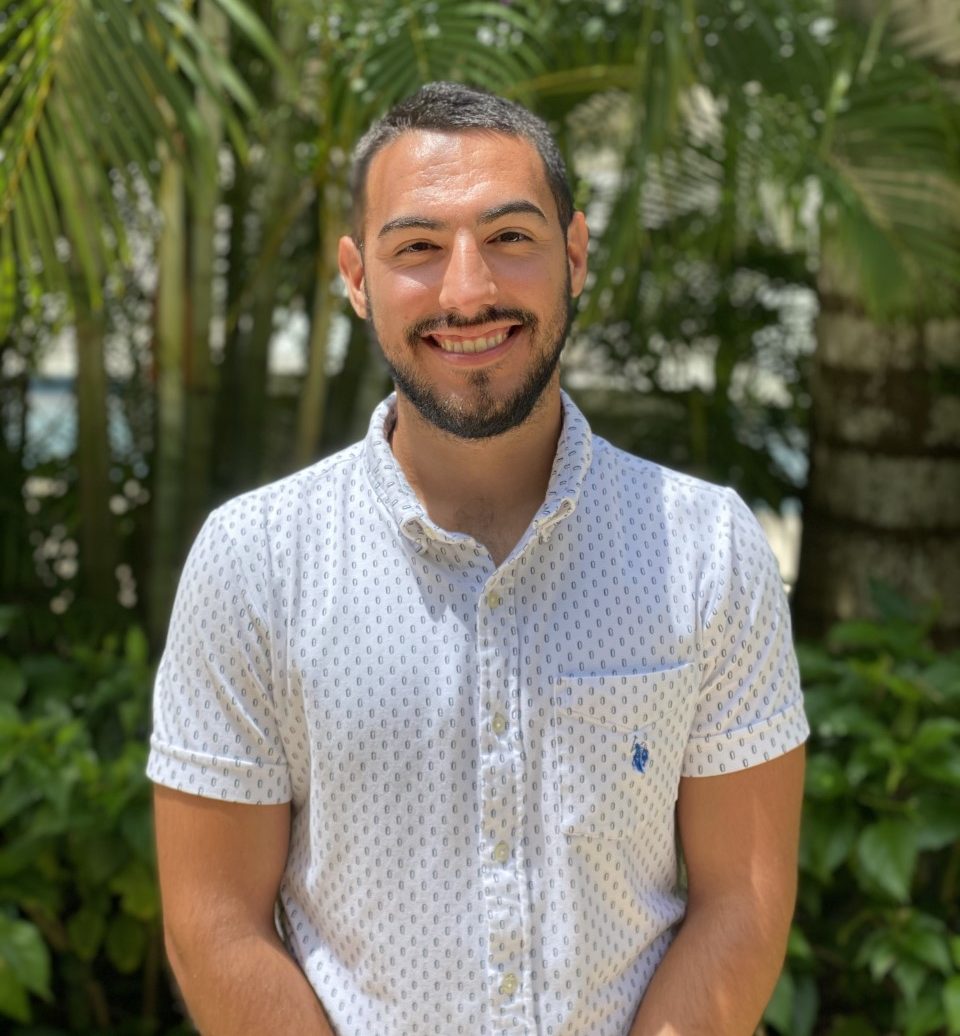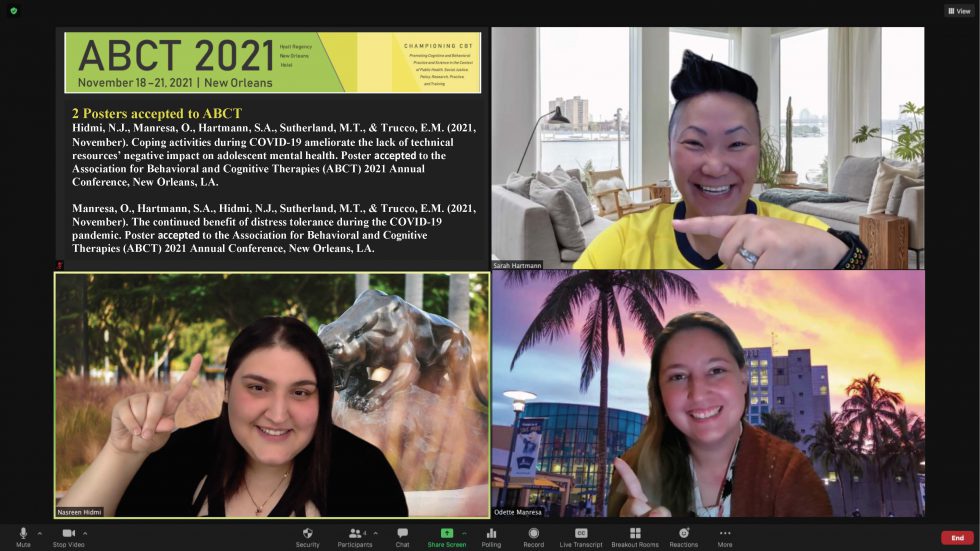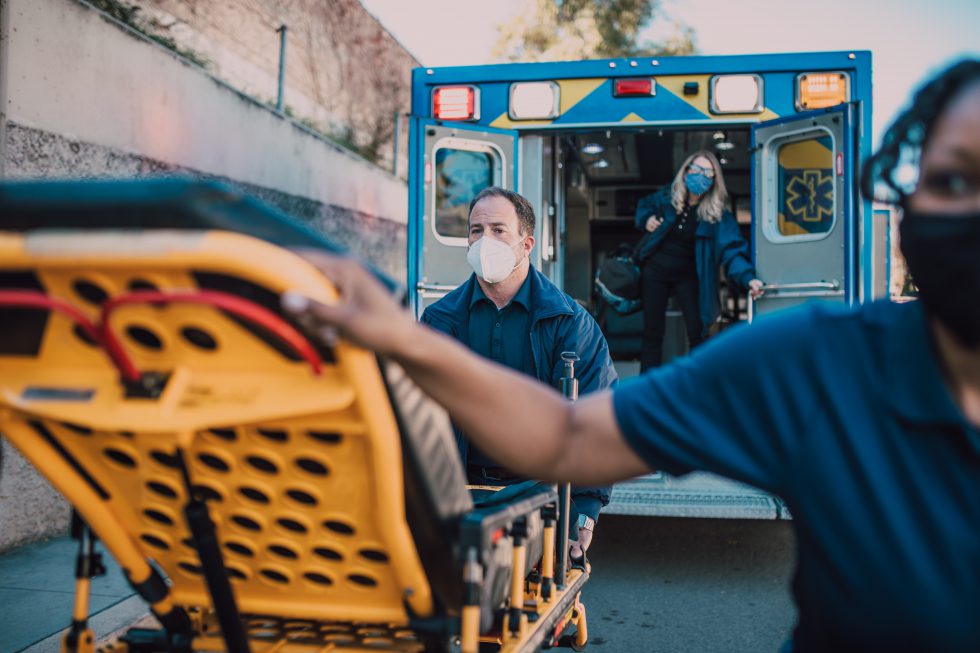Posted at 09:53h
in
Reach News
As seen in a New York Times article, multiple lawsuits were filed against Juul Labs, an electronic cigarette company. The company was accused of contributing significantly to the rise in underage vaping and nicotine use (which has been labeled as an epidemic by the F.D.A) through their marketing strategies. The plaintiffs claim that Juul Labs knew, or should have known, that marketing towards adolescents would lead to an increase in nicotine addiction among teenagers.
A settlement of USD $40 million will be paid in the span of six years to North Carolina, the first of fourteen states that sued the company. The money will be used to fund anti-vaping campaigns and programs, and to research e-cigarettes. This settlement was reached without the company admitting the allegations. As a result, they will no longer need to go through with the jury trial (which was scheduled to occur this summer), but the Food and Drug Administration has yet to decide whether Juul Labs will be allowed to continue selling their vapes as a tool to help adult smokers quit traditional cigarette smoking. In the meantime, the company agreed to abide to the following regulations in the state of NC. First, their products will only be sold from behind the counters. Second, they will be required to use age verification systems through a third-party when selling online. Third, they will commit to sending fake underage shoppers to approximately 1,000 stores annually to test whether the products are being sold to minors. The fourth and final regulation states that they will refrain from using models that are under the age of 35 years old in advertisements.
However, this is not the end of court cases for Juul Labs. Aside from the lawsuits started by the states, a multi-district litigation made up of approximately 2,000 different cases have been filed by cities, counties, and school districts, but none of them are scheduled to begin in 2021. Additionally, a bipartisan investigation of Juul Lab’s marketing and sale practices is currently underway, conducted by a large group of attorney generals across the nation.
As stated by the president of the Campaign for Tobacco-Free Kids, Matthew L. Myers, these turn of events are a step in the right direction towards reducing underage vaping, yet it is not enough to solve the current crisis.
